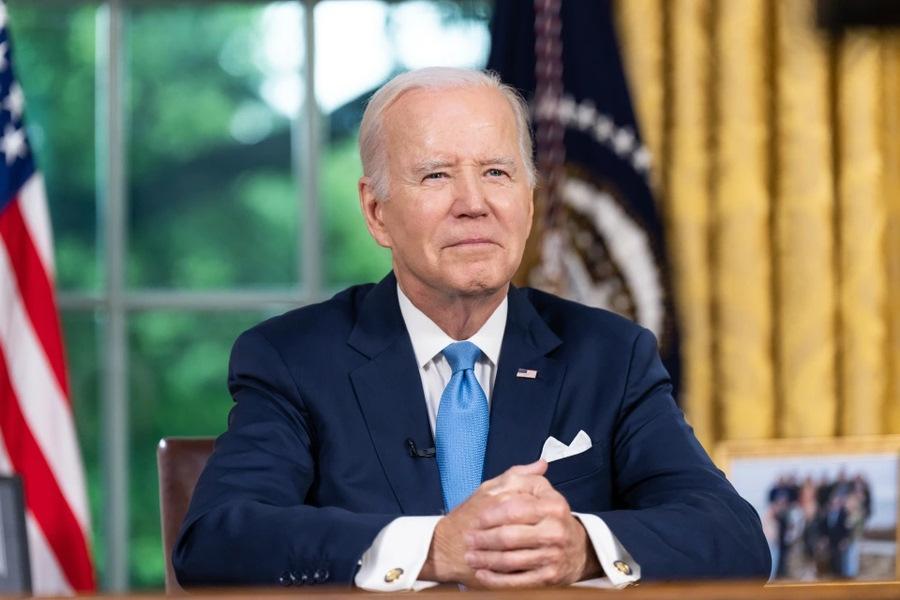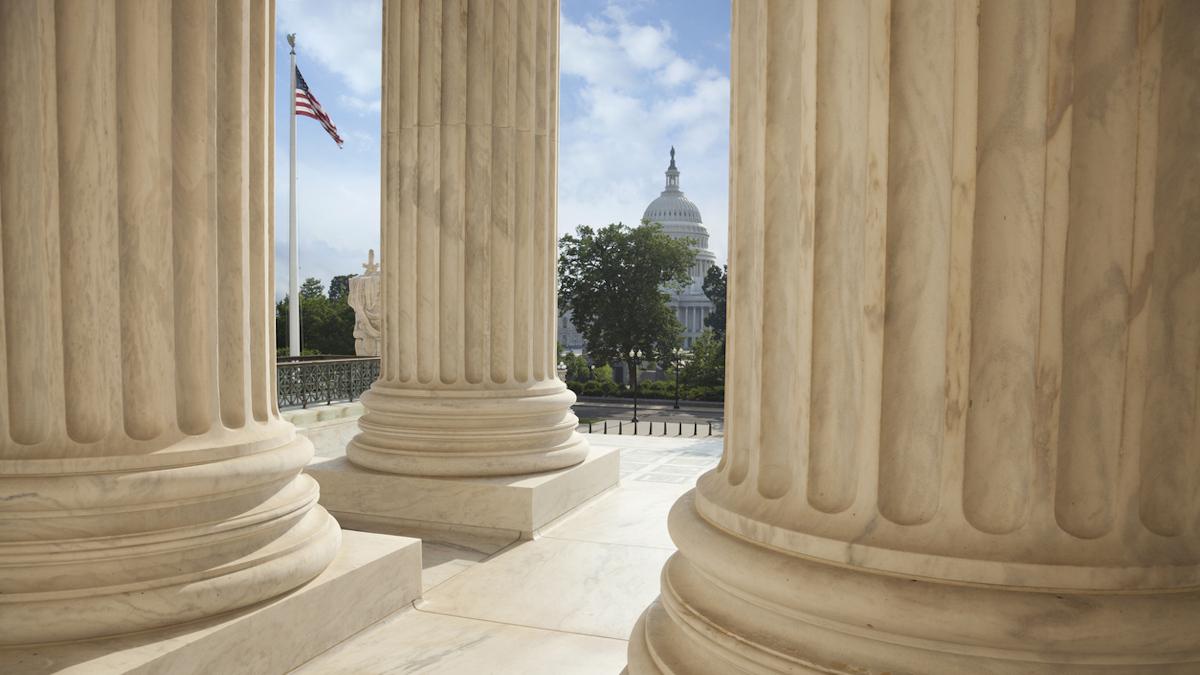Merck sues US govt over Inflation Reduction Act

Pharma industry anger at US legislation that gives Medicare the power to negotiate drug prices has spilled over into the courts.
Merck & Co has filed a lawsuit against the Biden administration, seeking to strike down the negotiation elements of the Inflation Reduction Act (IRA) on the grounds that it is unconstitutional and in violation of the First and Fifth Amendments, as well as being “tantamount to extortion.”
The IRA was enacted last year and requires Medicare – the government-run insurance programme for older Americans – to negotiate prices of a selected group of medicines with pharmaceutical companies, something it has not been allowed to do in the past.
Under the legislation, the Secretary of Health and Human Services will be able to negotiate the prices of selected drugs with a “high budget impact” provided via Medicare Parts B and D, starting in 2026.
The US government’s own calculations estimate that the measure could trim spending on medicines by $150 billion over a decade.
What the US government calls negotiation is actually mandatory price-setting, argue big pharma companies, who have universally protested against the law and claim it will cripple their ability to recoup investment on R&D into new medicines.
“In reality […] this ‘Drug Price Negotiation Programme’ is a sham,” says the complaint. “It involves neither genuine ‘negotiations’ nor real agreements.
“Rather, once HHS unilaterally selects a drug for inclusion in the programme, its manufacturer is compelled to sign an ‘agreement’ promising to sell the drug to Medicare beneficiaries at whatever ‘fair’ price the agency dictates, which must represent at least a 25% to 60% discount.
“If a manufacturer refuses to participate in this ‘negotiation’ or declines to ‘agree’ to sell at the mandated price, it incurs a ruinous daily excise tax amounting to multiples of the drug’s daily revenues,” it continues.
The lawsuit, filed in the US District Court for the District of Columbia, claims that negotiation that results in drugs being provided at below market rates is a violation of the Fifth Amendment, which includes provisions that require the federal government to pay fairly for a private asset acquired for public use.
The purpose of the Drug Price Negotiation Programme is, however, specifically to allow Medicare to obtain prescriptions drugs without paying market value, claims Merck’s counsel. Similarly, it contravenes the First Amendment right to free speech by forcing companies to sign agreements that state the prices being set are fair.
Merck’s action is the first pharma company to mount a legal challenge to the IRA provisions, although market observers expert others to follow suit.
“Because this statute unlawfully impairs our core purpose of engaging in innovative research that saves and improves lives, Merck intends to litigate this matter all the way to the US Supreme Court if necessary,” said the drugmaker in an emailed statement.
Analyst Jay Patel at GlobalData noted that an earlier attempt by US trade organisation PhRMA to sue the government of California on similar First Amendment grounds was not successful, but the Fifth Amendment approach could have more potential.
"Should the judge in this case take a similar approach – which is not guaranteed, given that District Court judgements are not binding precedent – the First Amendment claim is likely to fail," he said.
"However, the Inflation Reduction Act goes further than the California legislation with its requirement for drug manufacturers to convey agreement to the federal government’s prices, so an alternative conclusion cannot be ruled out."
The Fifth Amendment strategy has not yet been tested in US courts, according to GlobalData, which says it "appears to have a chance of yielding results".
Doing so will hinge on Merck successfully arguing that drug patents it holds constitute protected private property, and that the IRA negotiation policy is interpreted as 'taking' under the Amendment's Taking Clause covering appropriation of private property for public use. That has not yet been tested in federal appellate courts, according to Patel.













